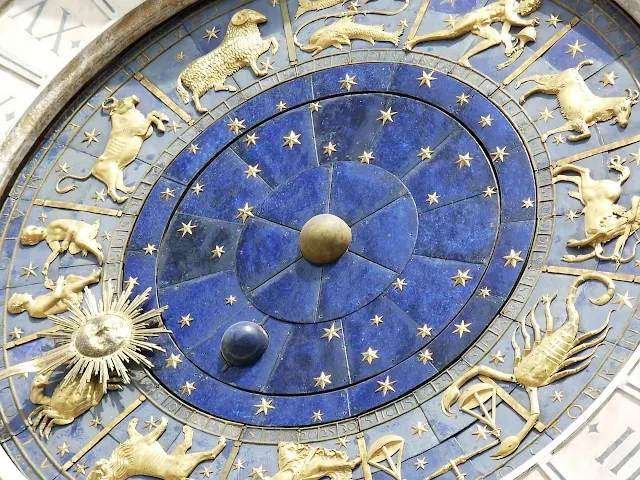Astronomy and the Zodiac:
Exploring the Interplay and Debunking Myths
Astronomy, the scientific study of celestial objects, and the Zodiac, a system of astrological signs, have coexisted for centuries, often intertwined in cultural and popular narratives. This article delves into the relationship between astronomy and the Zodiac, examining whether there is a genuine connection and dispelling common myths.
1. Astronomy: The Science of the Cosmos:
Astronomy is a rigorous scientific discipline focused on understanding the universe's vast array of celestial phenomena. Astronomers employ telescopes, satellites, and observatories to observe, measure, and analyze stars, planets, galaxies, and other cosmic entities.
2. The Zodiac: Astrology's Symbolic Framework:
In contrast, the Zodiac is an astrological system that divides the ecliptic—the apparent path of the Sun through the sky—into twelve segments, each associated with a specific constellation. These constellations, known as the zodiacal signs, serve as the basis for astrology, a belief system suggesting a connection between celestial positions and earthly events.
3. The Twelve Zodiac Signs:
The Zodiac comprises twelve signs, each linked to specific dates of the year. The signs are Aries, Taurus, Gemini, Cancer, Leo, Virgo, Libra, Scorpio, Sagittarius, Capricorn, Aquarius, and Pisces. According to astrology, a person's personality traits and destiny are influenced by the position of celestial bodies at their time of birth.
4. Constellations and Their Symbolic Importance:
Astronomical constellations often share names with the Zodiac signs, but their significance differs. Constellations are groupings of stars observed from Earth, and their shapes are a product of human imagination. In contrast, the Zodiac signs serve as symbolic markers in astrology.
5. Precession of the Equinoxes: A Key Astronomical Phenomenon:
One of the fundamental factors debunking a direct link between astronomy and the Zodiac is the precession of the equinoxes. This astronomical phenomenon causes a gradual shift in the Earth's axial rotation, altering the position of the Sun concerning the stars over time. As a result, the dates associated with Zodiac signs no longer align precisely with the constellations after thousands of years.
6. Scientific Critique of Astrology:
Astronomers and scientists assert that astrology lacks empirical evidence and scientific validity. While astronomy relies on systematic observation and measurement, astrology often relies on subjective interpretations and lacks a consistent framework for testing and verification.
7. Cultural Significance and Popular Beliefs:
Despite the scientific disconnect, the Zodiac maintains cultural significance and popularity. Many people enjoy reading horoscopes, exploring astrological compatibility, and identifying with the personality traits associated with their Zodiac sign. The cultural impact of the Zodiac is undeniable, transcending scientific skepticism.
8. Celestial Navigation and Historical Connection:
In ancient times, constellations served as practical tools for celestial navigation, guiding sailors and travelers. While this historical connection between the stars and human activities existed, it was more utilitarian than astrological.
9. Astronomical Awareness and Public Engagement:
Astronomy and the fascination with celestial bodies have gained widespread popularity, fostering public engagement in stargazing, space exploration, and astronomical events. Scientific education and awareness contribute to a more informed understanding of the cosmos.
10. Bridging Science and Cultural Traditions:
Acknowledging the distinct realms of astronomy and astrology, there is an opportunity to appreciate both for their cultural and historical significance. Bridging the gap between scientific knowledge and cultural traditions allows individuals to explore the wonders of the universe while respecting diverse belief systems.
In conclusion, while the Zodiac and astronomy share a historical connection, the direct link between them is tenuous. Astronomy operates within the realm of empirical observation and scientific inquiry, while the Zodiac relies on symbolic associations and astrological beliefs. Acknowledging the distinct roles of both enhances our appreciation for the rich tapestry of human understanding, bridging science and cultural traditions in the exploration of the cosmos.

